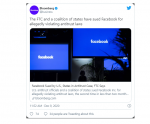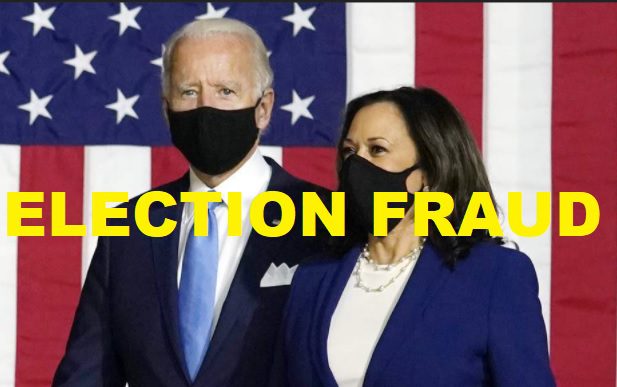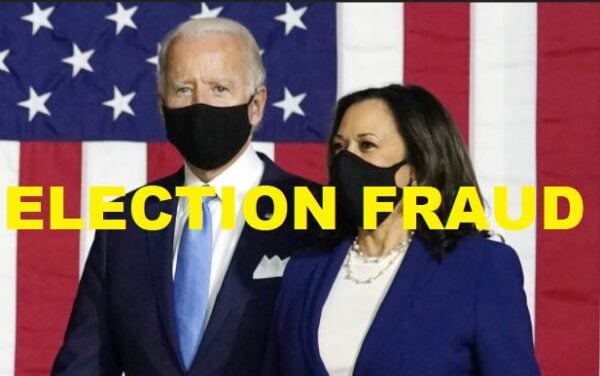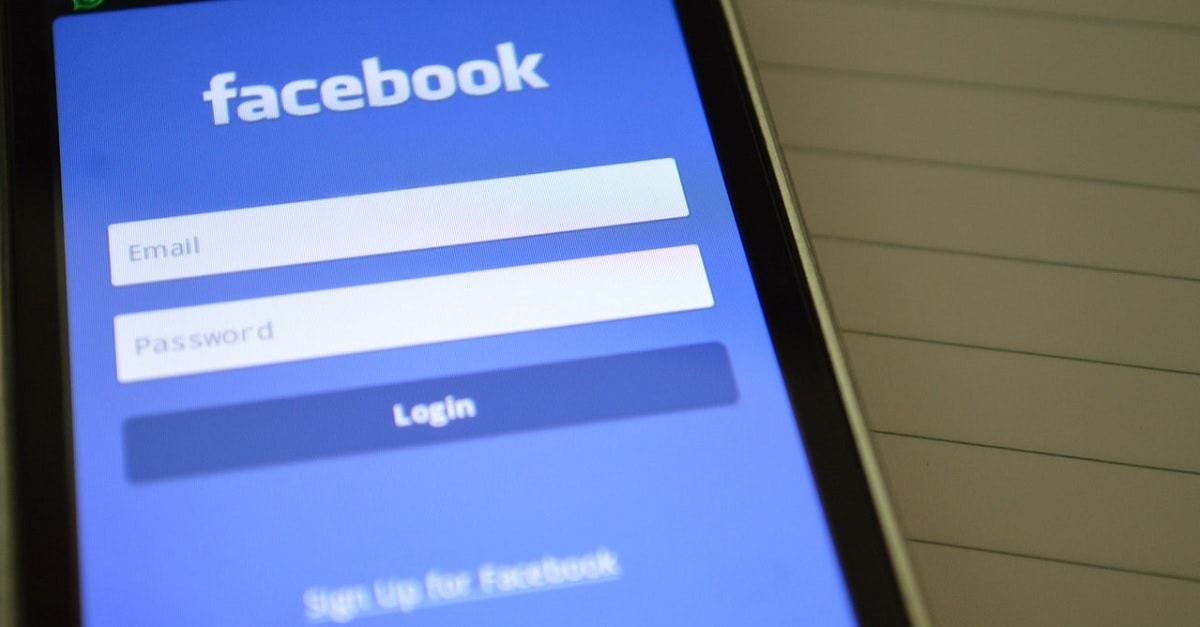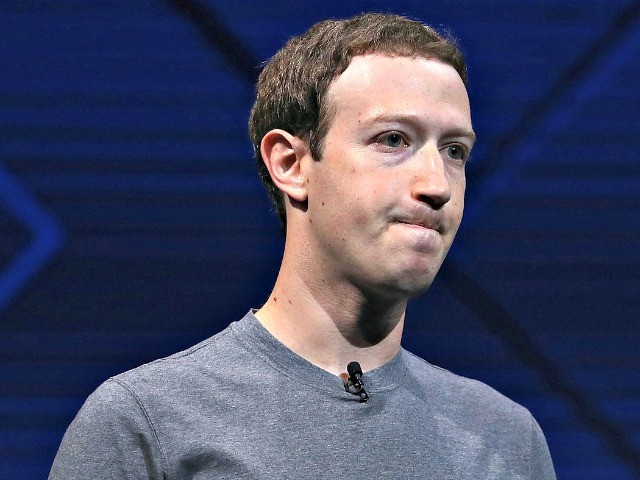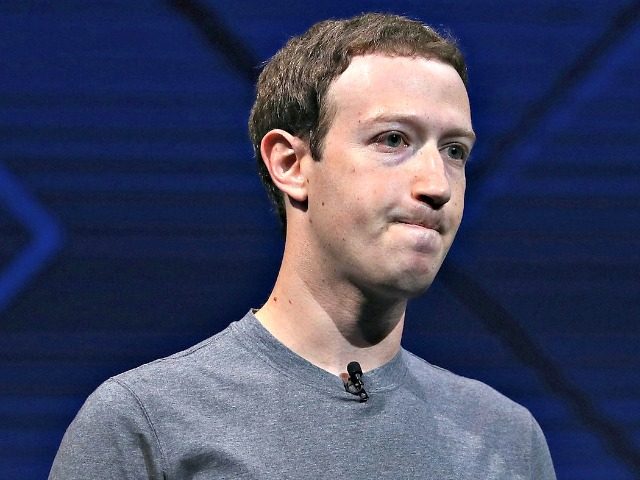ZeroHedge - On a long enough timeline, the survival rate for everyone drops to zero

www.zerohedge.com
48 States, FTC Unveil Anti-Trust Push To Break Up Facebook
Wed, 12/09/2020 - 14:43
Facebook shares are extending their losses today as US antitrust officials and a coalition of a states sued the social media company for allegedly abusing its dominance to crush competition.
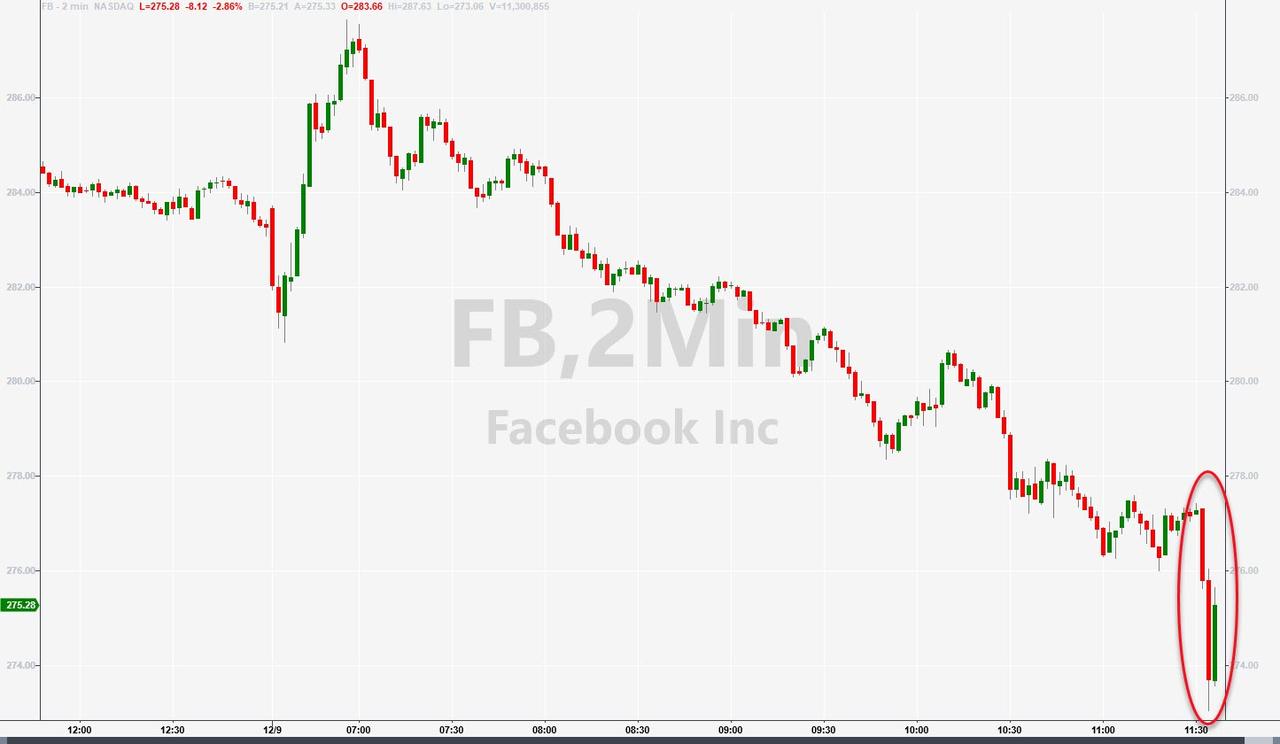
The Federal Trade Commission and state attorneys general led by New York filed an antitrust complaint against Facebook Wednesday,
alleging a litany of actions to thwart rivals and protect its monopoly. The lawsuit also sought a permanent injunction to the unwinding of the Instagram and WhatsApp acquisitions.

The complaint was filed after a lengthy investigation in cooperation with a coalition of attorneys general of 46 states, the District of Columbia, and Guam.
New York Attorney General Letitia James today filed a lawsuit against Facebook Inc., alleging that the company has and continues today to illegally stifle competition to protect its monopoly power.

The lawsuit alleges that, over the last decade, the social networking giant illegally acquired competitors in a predatory manner and cut services to smaller threats — depriving users from the benefits of competition and reducing privacy protections and services along the way — all in an effort to boost its bottom line through increased advertising revenue. Attorney General James leads a bipartisan coalition of 48 attorneys general from around the nation in filing today’s lawsuit to stop Facebook’s anticompetitive conduct.
“For nearly a decade, Facebook has used its dominance and monopoly power to crush smaller rivals and snuff out competition, all at the expense of everyday users,” said Attorney General James.
“Today, we are taking action to stand up for the millions of consumers and many small businesses that have been harmed by Facebook’s illegal behavior. Instead of competing on the merits, Facebook used its power to suppress competition so it could take advantage of users and make billions by converting personal data into a cash cow. Almost every state in this nation has joined this bipartisan lawsuit because Facebook’s efforts to dominate the market were as illegal as they were harmful. Today’s suit should send a clear message to Facebook and every other company that any efforts to stifle competition, reduce innovation, or cut privacy protections will be met with the full force of our offices.”
Attorney General James and the coalition ask the court to halt Facebook’s illegal, anticompetitive conduct and block the company from continuing this behavior in the future.
Additionally, the coalition asks the court to restrain Facebook from making further acquisitions valued at or in excess of $10 million without advance notice to the state of New York and other plaintiff states. Finally, the court is asked to provide any additional relief it determines is appropriate, including the
divestiture or restructuring of illegally acquired companies, or current Facebook assets or business lines.
This is the second time in less than two months the government has brought a monopoly case against an American technology giant.
* * *
Full FTC Statement:
The Federal Trade Commission today sued Facebook, alleging that the company is illegally maintaining its personal social networking monopoly through a years-long course of anticompetitive conduct. Following a lengthy investigation in cooperation with a coalition of attorneys general of 46 states, the District of Columbia, and Guam, the complaint alleges that Facebook has engaged in a systematic strategy—including its 2012 acquisition of up-and-coming rival Instagram, its 2014 acquisition of the mobile messaging app WhatsApp, and the imposition of anticompetitive conditions on software developers—to eliminate threats to its monopoly. This course of conduct harms competition, leaves consumers with few choices for personal social networking, and deprives advertisers of the benefits of competition.
The FTC is seeking a permanent injunction in federal court that could, among other things: require divestitures of assets, including Instagram and WhatsApp; prohibit Facebook from imposing anticompetitive conditions on software developers; and require Facebook to seek prior notice and approval for future mergers and acquisitions.
“Personal social networking is central to the lives of millions of Americans,” said Ian Conner, Director of the FTC’s Bureau of Competition. “Facebook’s actions to entrench and maintain its monopoly deny consumers the benefits of competition. Our aim is to roll back Facebook’s anticompetitive conduct and restore competition so that innovation and free competition can thrive.”
According to the FTC’s complaint, Facebook is the world’s dominant personal social networking service and has monopoly power in a market for personal social networking services. This unmatched position has provided Facebook with staggering profits. Last year alone, Facebook generated revenues of more than $70 billion and profits of more than $18.5 billion.
Anticompetitive Acquisitions
According to the FTC’s complaint, Facebook targeted potential competitive threats to its dominance. Instagram, a rapidly growing startup, emerged at a critical time in personal social networking competition, when users of personal social networking services were migrating from desktop computers to smartphones, and when consumers were increasingly embracing photo-sharing. The complaint alleges that Facebook executives, including CEO Mark Zuckerberg, quickly recognized that Instagram was a vibrant and innovative personal social network and an existential threat to Facebook’s monopoly power.
The complaint alleges that Facebook initially tried to compete with Instagram on the merits by improving its own offerings, but Facebook ultimately chose to buy Instagram rather than compete with it. Facebook’s acquisition of Instagram for $1 billion in April 2012 allegedly both neutralizes the direct threat posed by Instagram and makes it more difficult for another personal social networking competitor to gain scale.
Around the same time, according to the complaint, Facebook perceived that “over-the-top” mobile messaging apps also presented a serious threat to Facebook’s monopoly power. In particular, the complaint alleges that Facebook’s leadership understood—and feared—that a successful mobile messaging app could enter the personal social networking market, either by adding new features or by spinning off a standalone personal social networking app.
The complaint alleges that, by 2012, WhatsApp had emerged as the clear global “category leader” in mobile messaging. Again, according to the complaint, Facebook chose to buy an emerging threat rather than compete, and announced an agreement in February 2014 to acquire WhatsApp for $19 billion. Facebook’s acquisition of WhatsApp allegedly both neutralizes the prospect that WhatsApp itself might threaten Facebook’s personal social networking monopoly and ensures that any future threat will have a more difficult time gaining scale in mobile messaging.
Anticompetitive Platform Conduct
The complaint also alleges that Facebook, over many years, has imposed anticompetitive conditions on third-party software developers’ access to valuable interconnections to its platform, such as the application programming interfaces (“APIs”) that allow the developers’ apps to interface with Facebook. In particular, Facebook allegedly has made key APIs available to third-party applications
only on the condition that they refrain from developing competing functionalities, and from connecting with or promoting other social networking services.
The complaint alleges that Facebook has enforced these policies by cutting off API access to blunt perceived competitive threats from rival personal social networking services, mobile messaging apps, and other apps with social functionalities. For example, in 2013, Twitter launched the app Vine, which allowed users to shoot and share short video segments. In response, according to the complaint, Facebook shut down the API that would have allowed Vine to access friends via Facebook.
The lawsuit follows an investigation by the FTC’s
Technology Enforcement Division, whose staff cooperated closely with a coalition of attorneys general, under the coordination of the New York State Office of the Attorney General. Participating Attorneys General include: Alaska, Arizona, Arkansas, California, Colorado, Connecticut, Delaware, the District of Columbia, Florida, Guam, Hawaii, Idaho, Illinois, Indiana, Iowa, Kansas, Kentucky, Louisiana, Maine, Maryland, Massachusetts, Michigan, Minnesota, Mississippi, Missouri, Montana, Nebraska, Nevada, New Hampshire, New Jersey, New Mexico, New York, North Carolina, North Dakota, Ohio, Oklahoma, Oregon, Pennsylvania, Rhode Island, Tennessee, Texas, Utah, Vermont, Virginia, Washington, West Virginia, Wisconsin, and Wyoming.
The Commission vote to authorize staff to file for a permanent injunction and other equitable relief in the U.S. District Court for the District of Columbia was 3-2. Commissioners Noah Joshua Phillips and Christine S. Wilson voted no.



